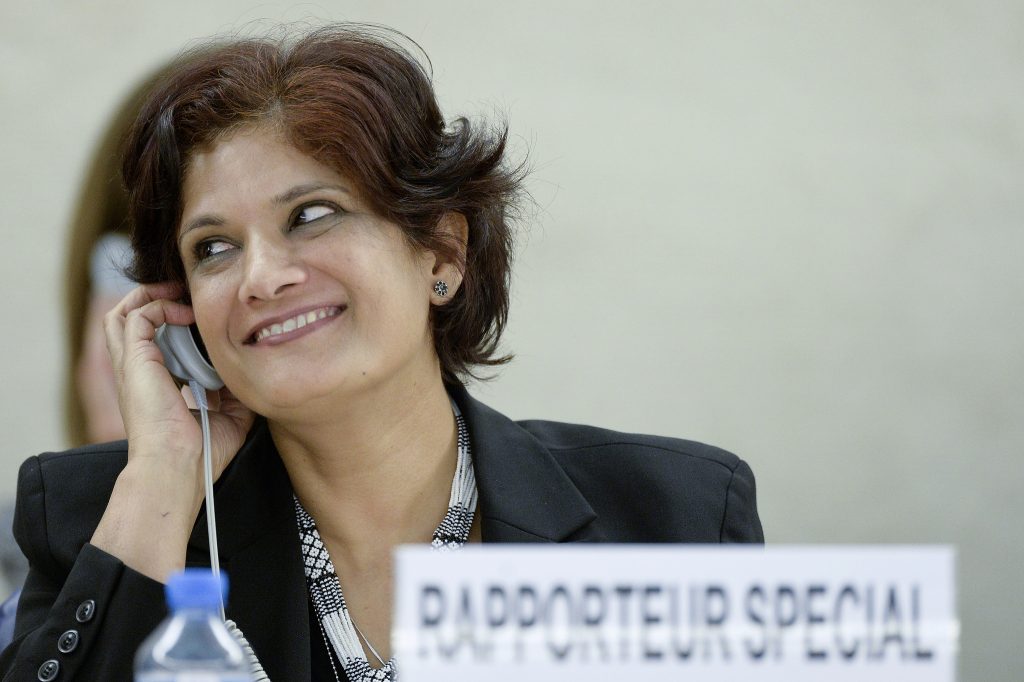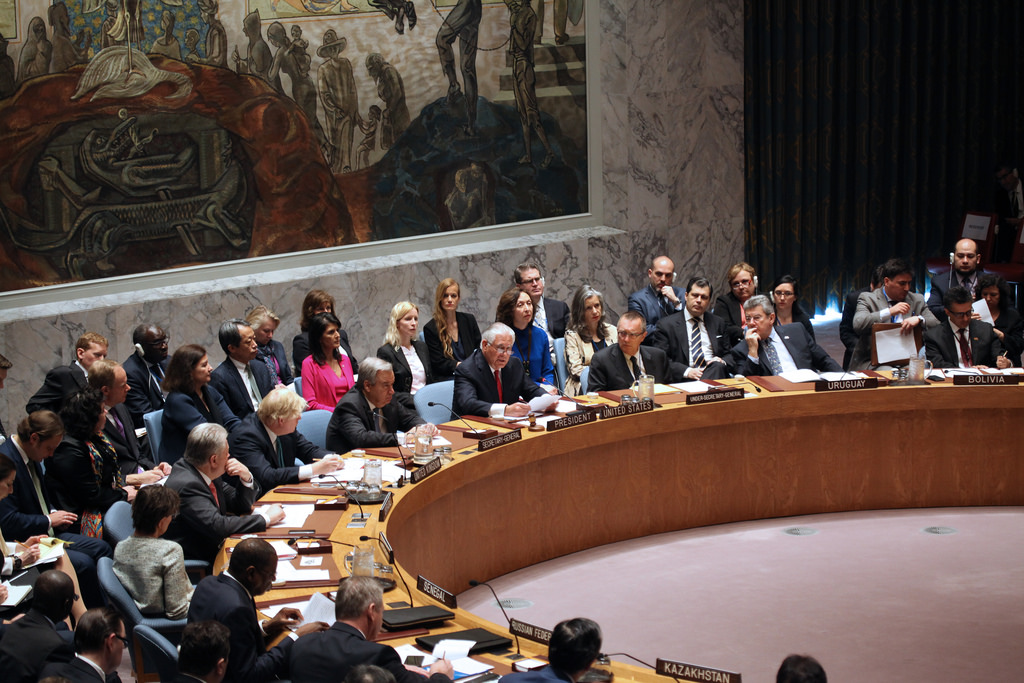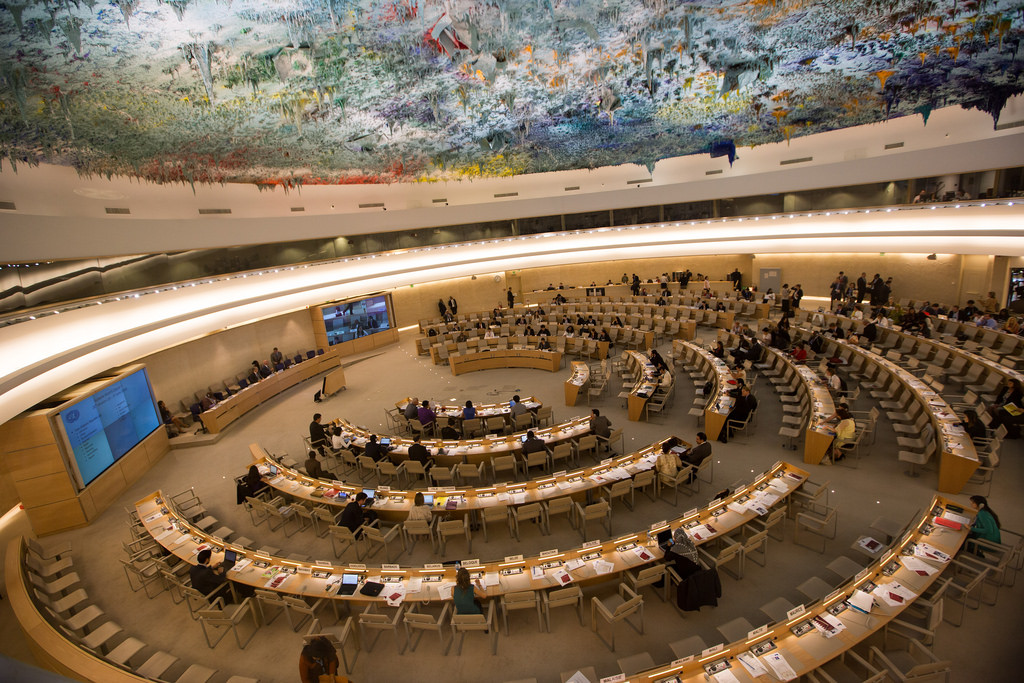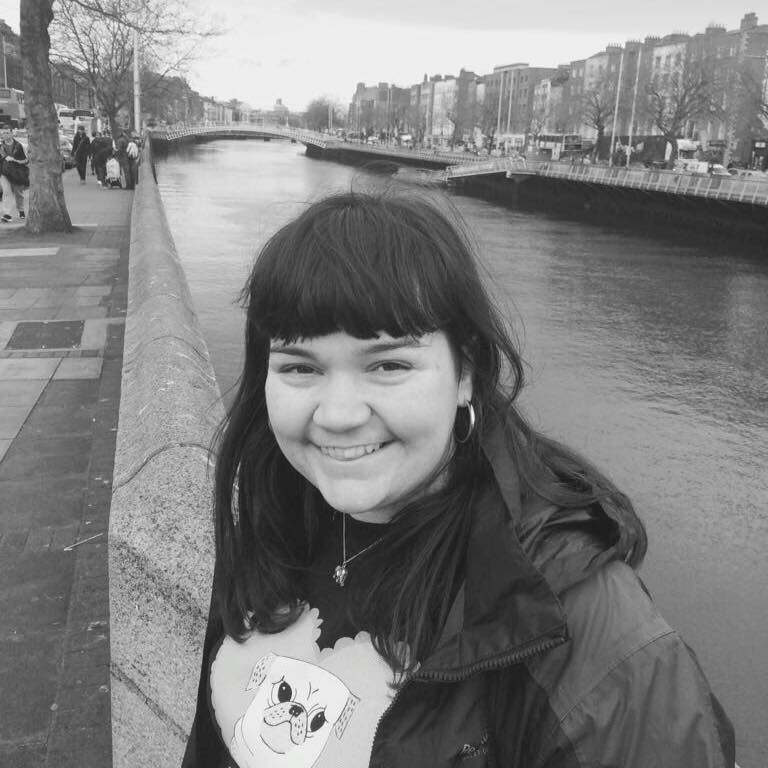Following the Trump administration’s decision to quit the UN Human Rights Council, RightsInfo examines the function of the council, its achievements and the criticisms it has faced.
What is the UN Human Rights Council?

Image Credit: https://www.flickr.com/photos/apminebanconvention/14828908596UN Geneva / Flickr
The UN Human Rights Council is an inter-governmental body (basically where different states work together) which is part of the United Nations and is made up of 47 member states.
Its main purpose is to strengthen and protect human rights across the globe, something it’s been doing since it was established in 2006. Before that, there was the UN Commission on Human Rights. The current president of the council is Vojislav Šuc – a representative of Slovenia since 2014.
The Council meets several times a year at the UN Office in Geneva to discuss human rights issues, but it also responds to human rights emergencies. One of the most important things that the Human Rights Council does is to periodically review the human rights records of the 193 countries that make up the UN and suggest possible improvements.
Who Makes Up The Council?

Image Credit: UN Geneva / Flickr
Members of the Council are elected through a secret ballot by the members of the UN General Assembly. On election, members serve for three years and cannot be elected for more than two consecutive terms.
The membership of the council is reflective of the geographical makeup of the UN: African and Asian Pacific States are given 13 seats each, Latin American and Carribean States have eight seats, Western Europe and other States have seven seats and Eastern European States have six seats.
The United Kingdom are currently a member of the council and their term next expires in 2019. As of January 2018, 107 UN member states had served on the council and it can be seen as an attempt to build dialogue between states with different approaches to human rights.
However, the Council has been heavily criticised for its membership. The current membership is made up of many states with dubious records on human rights, such as Saudi Arabia, Egypt, Pakistan and Qatar. Criticism of the Council flared in 2015 when Saudi Arabia’s ambassador at the UN was elected chair of a panel on the UN Human Right Council.
The Work of the Council

The council is limited in its mandate to implement changes in UN member states and some have criticised the failure of the council to address flagrant human rights abuses across the world. For example, a fact-finding mission to Myanmar found “overwhelming evidence of international crimes”, but many believe little has been done to rectify the situation in the country.
Nevertheless, the research and reporting the council undertakes is of value and it has had wide-reaching effects. For example, an inquiry into North Korea and the report which followed in 2014, influenced the UN Security Council to change its approach to North Korea’s human rights violations.
Any body which is formed to strengthen human rights can be seen as a force for good, but with some long-standing criticisms of the council it’s clear some groups are keen for change.







